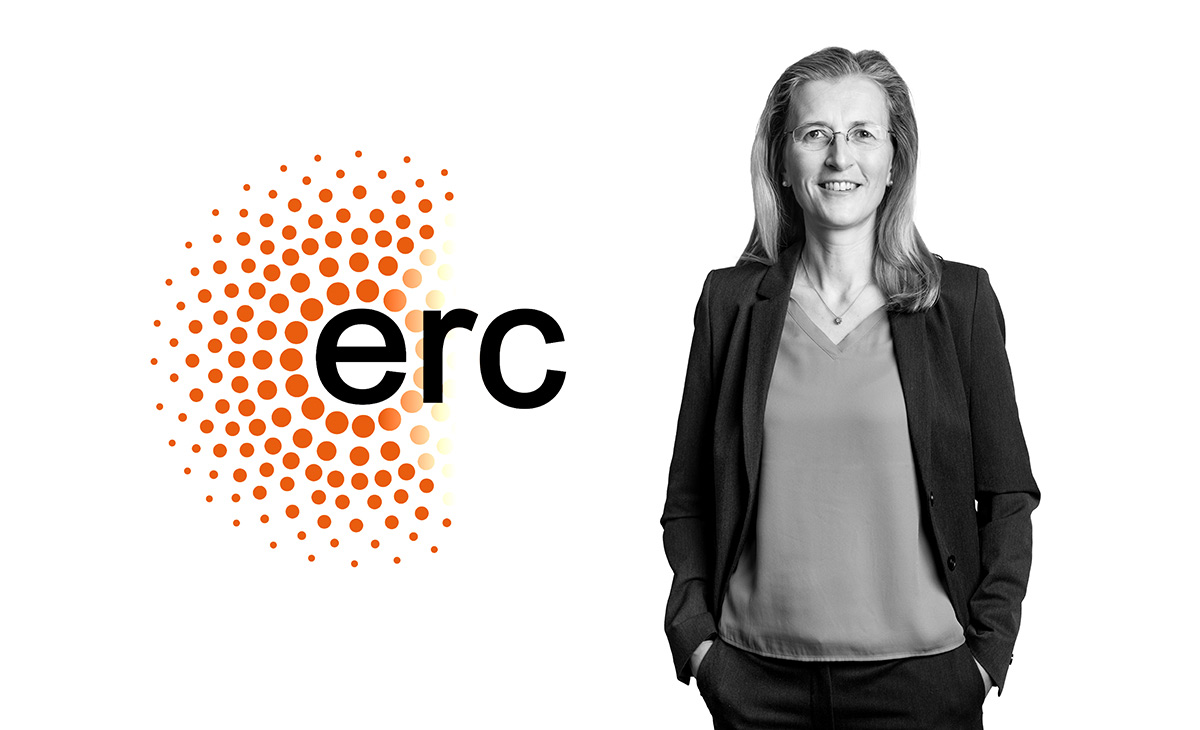About the project
Protecting privacy when accessing data sets
Data in databases often changes frequently, meaning that data sets are dynamic. Techniques already exist to provide access to data while protecting the privacy of each individual. However, these techniques only work if the data have no connection to each other, so you can't derive information about one data point from another.
But the reality is different, because data is often also connected to each other. For example, if one person is affected by an event and a second person is near them, depending on the event, you can infer from this information that the second person may also be involved. In Monika Henzinger's new project, techniques are being developed that make it possible to query information in dynamic databases (with a certain degree of fuzziness), such as the number of people affected by an event, without revealing any information about an individual person.
In addition, Monika Henzinger's team will also explore the issue of memory-saving and time-efficient techniques for these situations.
About Monika Henzinger
Monika Henzinger is Professor of Computer Science at the University of Vienna and heads the Theory and Applications of Algorithms research group.
She received her PhD from Princeton University in 1993 and worked as an assistant professor at Cornell University. She was then a research associate at Digital Equipment Corporation, Director of Research at Google Inc. and Professor of Computer Science at EPFL Lausanne until she moved to the University of Vienna in 2009. She has received many awards, including an honorary doctorate from TU Dortmund University, a SIGIR Test of Time Award, the City of Vienna Prize for Natural and Technical Sciences and the Carus Medal of the German Academy of Sciences Leopoldina.She is a member of the Austrian Academy of Sciences, the German "Akademie Leopoldina" and the Academia Europaea, and a Fellow of the Association of Computing Machinery and the European Association of Theoretical Computer Science.
This is the second ERC Advanced Grant for Monika Henzinger, she was awarded her first in 2013.

